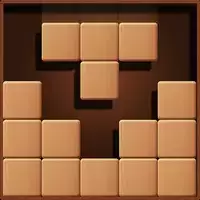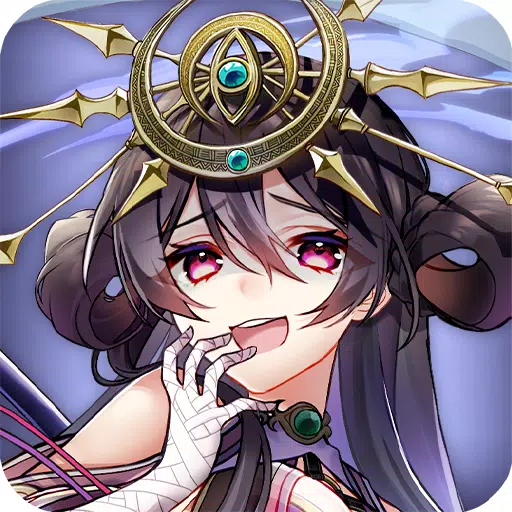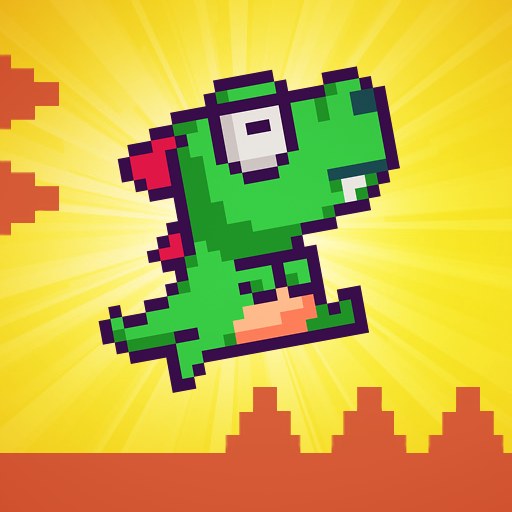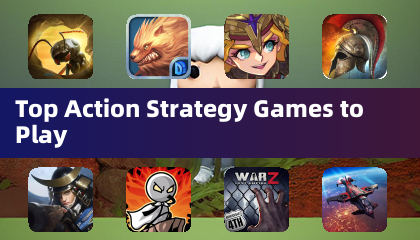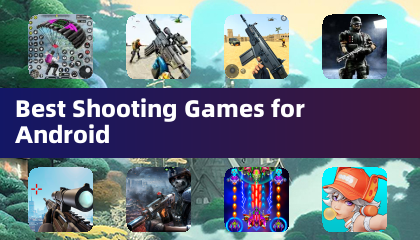It's year-end, time for my "Game of the Year" pick: Balatro. While not my absolute favorite, its success warrants discussion.
By now, (assuming you're reading this on the intended date, December 29th), Balatro's numerous awards are likely familiar. It swept awards like Indie and Mobile Game of the Year at The Game Awards, and even took home two Pocket Gamer Awards: Best Mobile Port and Best Digital Board Game. Jimbo's creation is clearly a hit.
However, its success has also sparked confusion and even anger. Comparisons between its flashy marketing and relatively simple visuals have led to some questioning its numerous awards. Many seem baffled by a simple deckbuilder's triumph.
This, however, is precisely why it's my GOTY. But first, a few honorable mentions:
Honorable Mentions:
- Vampire Survivors' Castlevania expansion: The long-awaited collaboration finally delivers iconic characters, making it worthwhile.
- Squid Game: Unleashed is free: A potentially precedent-setting move by Netflix Games, suggesting a focus on attracting viewers.
- Watch Dogs: Truth audio adventure: An interesting, albeit unexpected, release from Ubisoft, showcasing a different approach to the Watch Dogs franchise.
Balatro: A Mixed Bag
My Balatro experience is mixed. It's undeniably engaging, but I haven't mastered it. The detailed statistics and deck optimization required frustrate me. Despite countless hours, I haven't completed a single run.
Yet, it's been worth every penny. It's simple, easily accessible, and not overly demanding. While not my ultimate time-waster (that title belongs to Vampire Survivors), it's a strong contender.
Its visuals are pleasing, and the gameplay is smooth. For $9.99, you get an engaging roguelike deckbuilder that's perfectly acceptable for public play (the poker element might even make you seem like a gambling genius!). LocalThunk's ability to create such an engaging experience from a simple concept is impressive.
The calming music and satisfying sound effects create an addictive loop. Its appeal is subtle, not explicitly stated, but undeniably present.
But why am I discussing it again? For some, its success is simply insufficient.

"It's Just a Game!"
Balatro isn't the most controversial game of the year (that might be Astrobot, given its GOTY win at Big Geoff's awards – ironically, a show often criticized for self-importance). However, the reaction to Balatro highlights a key point.
Balatro's design and execution are unapologetically "gamey." It's colorful and attractive without being overly complex or flashy. It lacks the trendy "retro" aesthetic. This isn't an Unreal Engine 5 showcase; it began as a passion project for LocalThunk, which highlights the power of indie development.
Yet, its success confounds many. It's not a flashy gacha, a technically impressive mobile game, or a battle royale featuring anime characters. To some, it's just "a card game."
And that's exactly what it is – a well-executed card game with a fresh twist. Game quality should be measured by its design, not solely by visual fidelity or other superficial aspects.
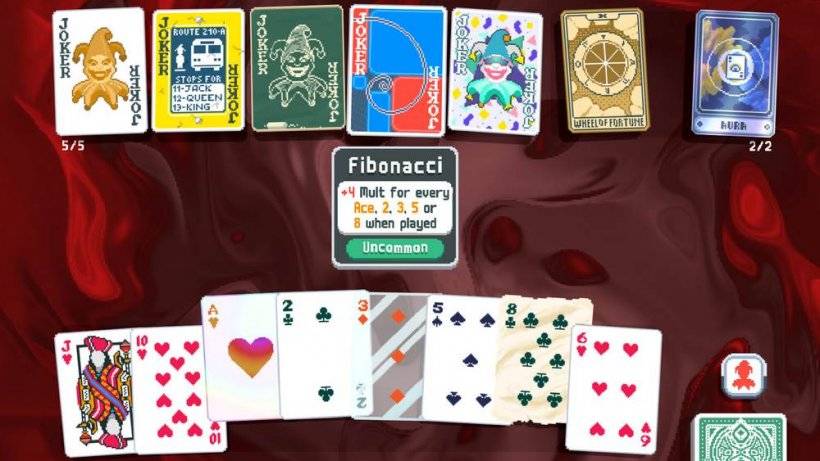
Substance Over Style
Balatro's lesson is simple: A multiplatform game doesn't need to be a massive, cross-platform, cross-progression gacha adventure like Genshin Impact. Simplicity and style can be just as successful.
While not a massive financial success, its low development costs likely resulted in significant profit for LocalThunk.
Balatro proves that a simple, well-executed game can appeal to mobile, console, and PC players.
My own struggles with Balatro highlight its unique appeal. Some strive for optimization; others, like me, enjoy its relaxed pace.
The point? Success doesn't require cutting-edge technology or complex gameplay. Sometimes, a simple, well-designed game is enough.


